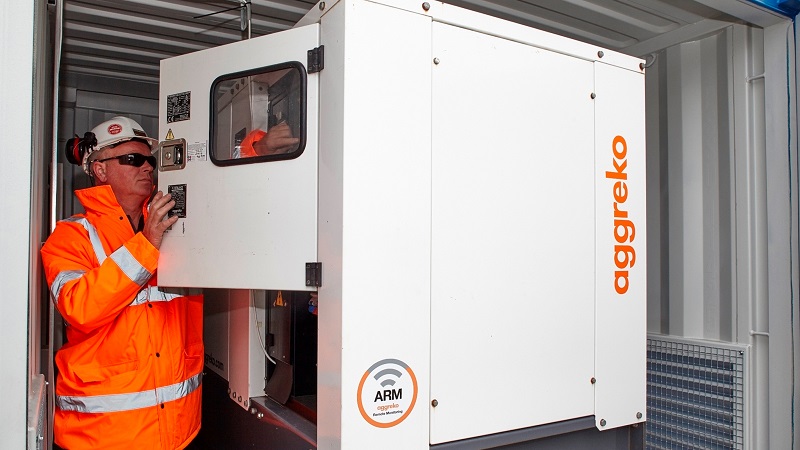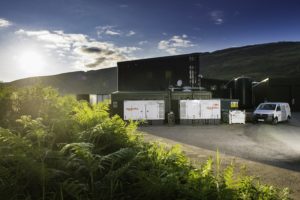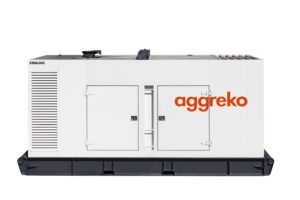
Aggreko has demonstrated its commitment to lowering overall emissions by engaging global engineering and environmental consultancy Ricardo to test the performance of Aggreko generators on more sustainable alternative fuels.
Following the Chancellor’s announcement that the UK Government would scrap the red diesel fuel subsidy for construction and logistics firms from 2023, the temporary power and cooling solutions supplier has strengthened testing processes around more sustainable drop-in fuels. Because switching to these fuels does not require companies to adapt existing equipment or incur added maintenance and installation costs, they are therefore set to become a key alternative means of powering future generators.
Specifically, Aggreko has enlisted Ricardo to conduct independent testing of hydrotreated vegetable oil (HVO) and gas-to-liquid (GTL) ‘engineered’ fuel. In order to further guarantee sustainable solutions to customers, Aggreko also ensured all testing was carried out using its own generator fleet – a rarity in testing conditions.
Ricardo provides technical expertise across a wide range of specialisms, including the energy sector. Alongside its

other services, the Shoreham-based consultancy utilises its deep multi-industry and technical expertise to provide testing of the highest quality.
In order to measure the green credentials of HVO and GTL in Aggreko equipment, Ricardo carried out testing on a selection representative of 80 percent of Aggreko’s generator sets with output ratings ranging from 30 to 500 kVA and all using engines certified at EU Stage IIIA emissions. Each unit was sequentially tested over the five modes of the ISO8178 D2 Cycle, the international standard for exhaust emission measurement for this class of non-road, constant speed equipment.
Each generator’s emissions were assessed based on operation on a standard pump-grade EN590 diesel product, alongside HVO and GTL. By measuring emissions and providing a chemical analysis of each fuel, testers could determine a ‘carbon-balance’ fuel consumption.
The results produced by the tests demonstrated significant emissions improvements when operating on both HVO and GTL fuels. Compared to pump-grade diesel, particulate matter emissions were reduced by up to 42 percent, carbon monoxide by up to 35 percent, and hydrocarbons and NOx by up to 25 percent[1]. Furthermore, HVO showed a comparable fuel consumption penalty of only 0.1-1.7 percent, with 2.0-3.9 percent for GTL.
“The uptake of drop-in fuels like HVO and GTL will be crucial to reducing emissions in line with the UK

Government’s pledge to achieving Net Zero carbon emissions by 2050,” says Chris Rason, Managing Director at Aggreko. “As such, we considered it vitally important to not only engage independent experts, but to also carry out the testing on our own equipment to produce the most accurate results possible.
“The testing carried out by Ricardo demonstrated the emissions-related advantages and negligible fuel consumption penalty for both fuels, and showcased the viability of Aggreko generators for companies looking to cut emissions without compromising performance. Thanks to these assessments, both Aggreko and its customers can enjoy peace-of-mind over potential fuels and equipment, knowing they are making informed choices when looking to reduce their overall emissions.”
For more information about sustainability and Net Zero, download Aggreko’s latest report, ‘Bridging the Gap to Net Zero: Solutions towards the net zero challenge,’ visit: www.aggreko.com/netzero.
[1] Full range of savings can be accessed in Aggreko’s net zero report at www.aggreko.com/netzero








